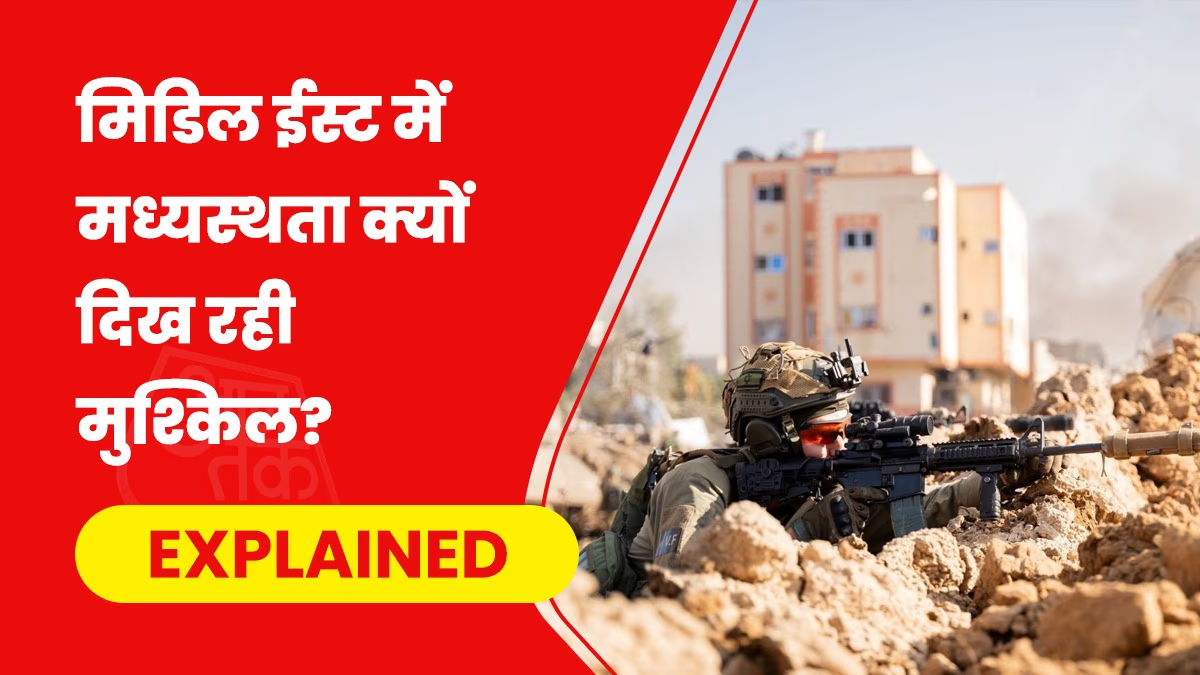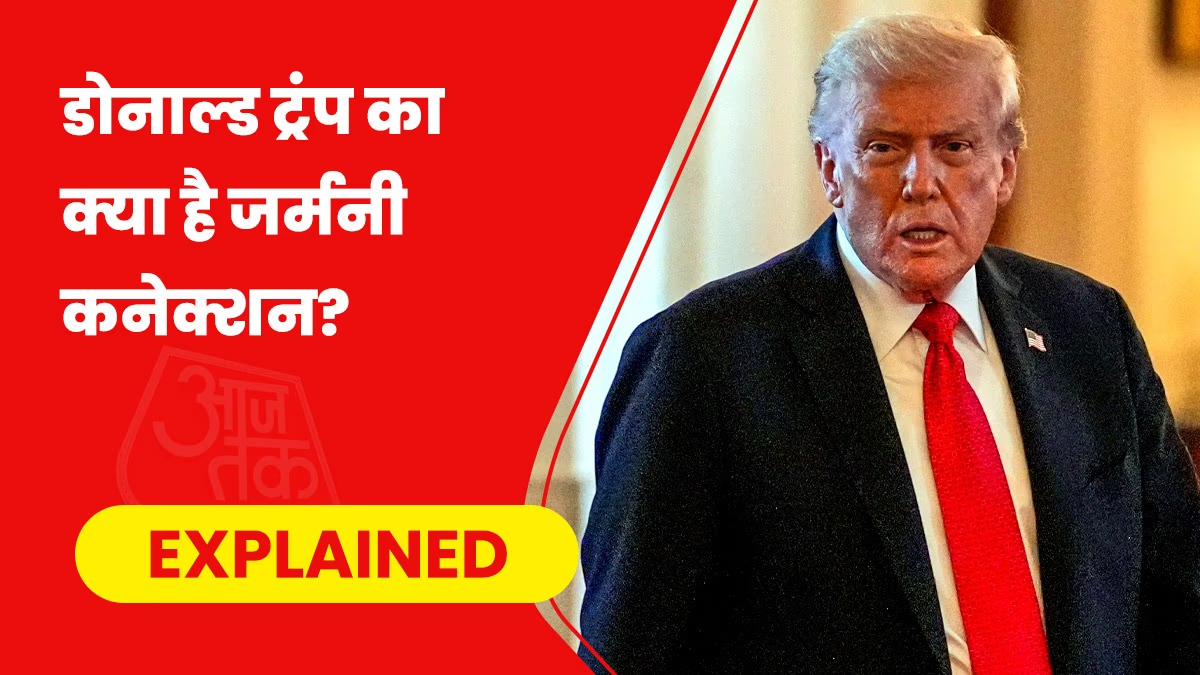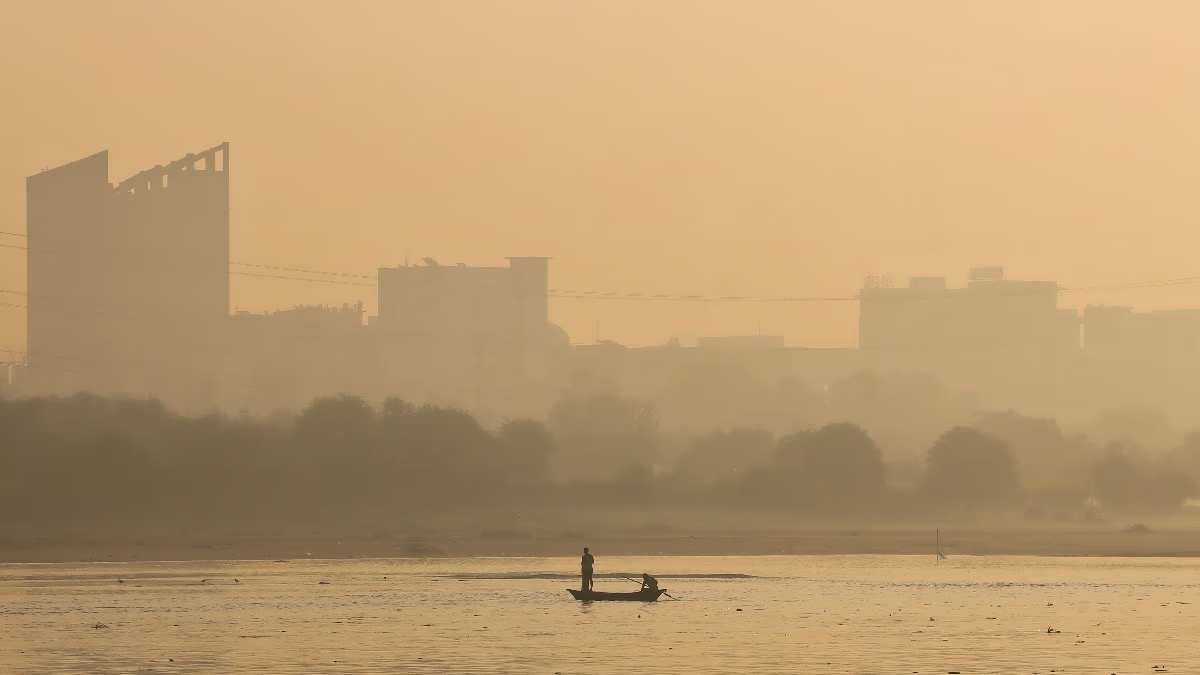On October 7 of last year, the extremist Palestinian organization Hamas launched a significant attack, killing thousands of Israeli citizens and taking hundreds of people hostage. Since then, Israel and the Middle East have been on the verge of war. Despite attempts at mediation by the US, Europe, and many Arab nations, the situation remains out of control.
Current Situation
Israeli forces have entered Lebanon and are aggressively targeting Hezbollah strongholds in the southern part of the country since Monday night. Meanwhile, Iran, which funds Hezbollah, has been expressing its outrage against Israel. Notably, Nasrallah, who led Hezbollah for over three decades, was killed in an airstrike. This has further incited Iran, the group's primary backer. Numerous other Middle Eastern nations have also issued sympathetic or angry statements. Essentially, what began as a conflict between two entities has now drawn in many others.
Where Does America Stand?
The US has been trying to mediate from the beginning. Since the outbreak of conflict between Hamas and Israel, the Biden administration has claimed to be in the final stages of brokering peace multiple times. America even leveraged its power by targeting various terrorist groups. However, following Nasrallah's death, US mediation efforts seem to have stalled.
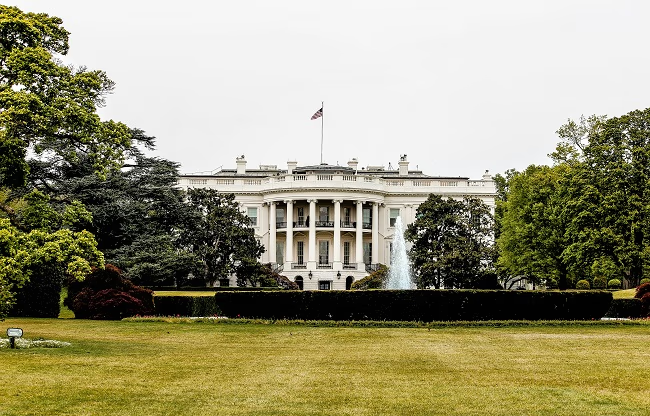
Source: aajtak
Historically, the US has a solid record of brokering peace between Israel and Arab nations.
- In 1978, it led the Camp David Accords between Israel and Egypt.
- In 1994, it facilitated the Israel-Jordan peace treaty.
- Nearly three decades ago, then-Israeli PM Yitzhak Rabin and Palestinian Liberation Organization chairman Yasser Arafat shook hands at the White House, promising peace under American guidance. It was a significant achievement, bringing two arch-enemies together, but times have changed.
Is America's Influence Waning?
America's influence over the Arab world isn't as strong as it once was, especially regarding Iran. Up until the late 1970s, the US had good relations with Iran, but everything changed following the Islamic Revolution. Iran came to view American initiatives as interference, prompting the US to impose sanctions. Relations hit rock bottom after the assassination of General Qasem Soleimani, the leader of Iran's Islamic Revolutionary Guard Corps, an act allegedly involving the US. This has severely deteriorated relations further. America's perceived favoritism towards Israel also remains a sticking point among Arab nations.
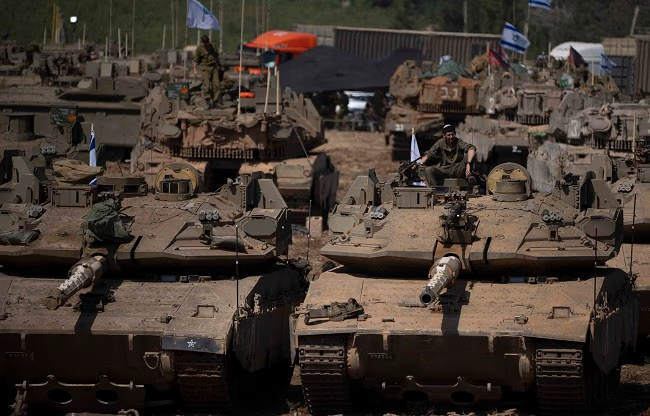
Source: aajtak
Distrust in Russia's Intentions
Speaking of another superpower, Russia has tried its hand at mediation numerous times. For instance, during the conflicts starting in the 1970s, Russia attempted to broker peace but failed. In 1991, it participated in the Oslo Accords aimed at promoting dialogue between Israel and Palestine, yet these efforts only escalated tensions. Russia also tried to intervene during the Syrian civil war, but to no avail. Arab nations do not see Russia as powerful as the US and have consistently doubted its intentions, assuming that Russia helps only to fortify its own influence and garner allies against America.
The Role of Other Countries
Other nations typically play more peripheral roles. For example, China imports large quantities of oil from Iran, which adds weight to its stance. Still, China lacks the historical ties to the Middle East that the US and Russia have. Thus, its role is often limited to being an outsider, with relationships deeply rooted in commerce rather than diplomacy. The European Union has also tried to mediate the Israel-Palestine conflict, especially in recent flare-ups, but its influence has waned. Meanwhile, Arab nations like Qatar, Jordan, and Egypt have consistently intervened between Gaza and Israel. However, the current chaos renders peace attempts ineffective, with even peace-talking nations seemingly drawn into the fray.
